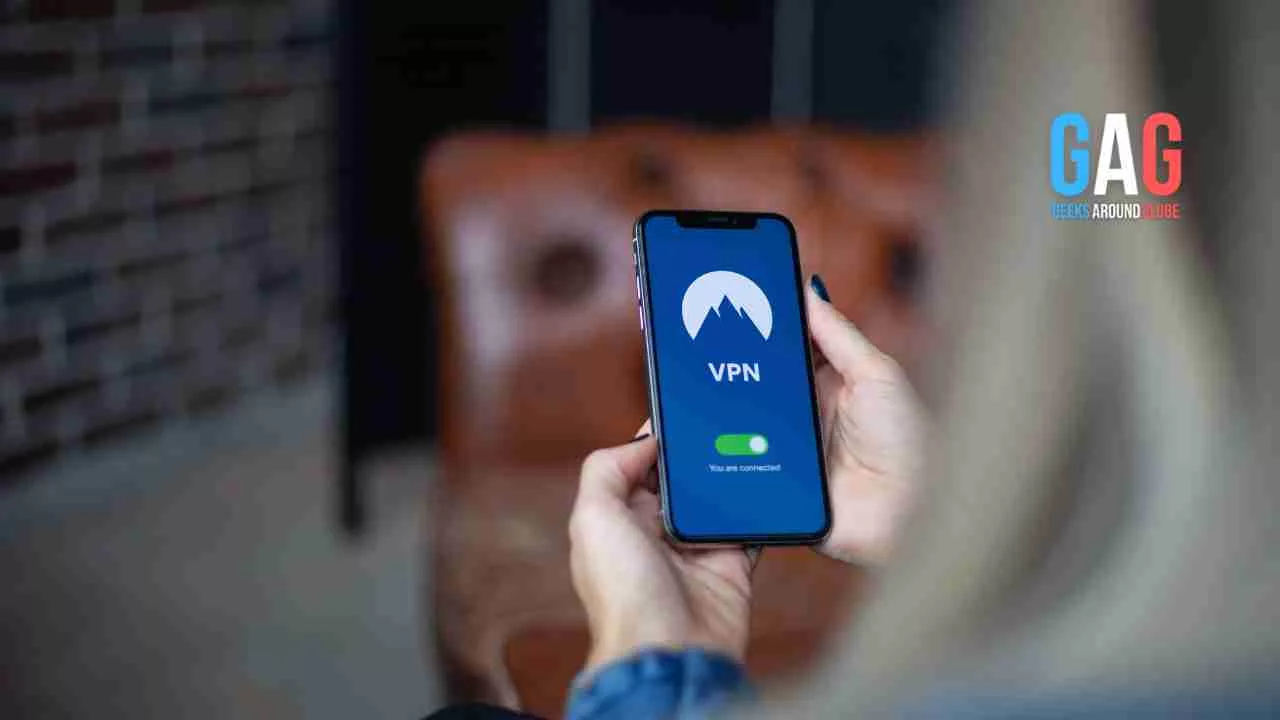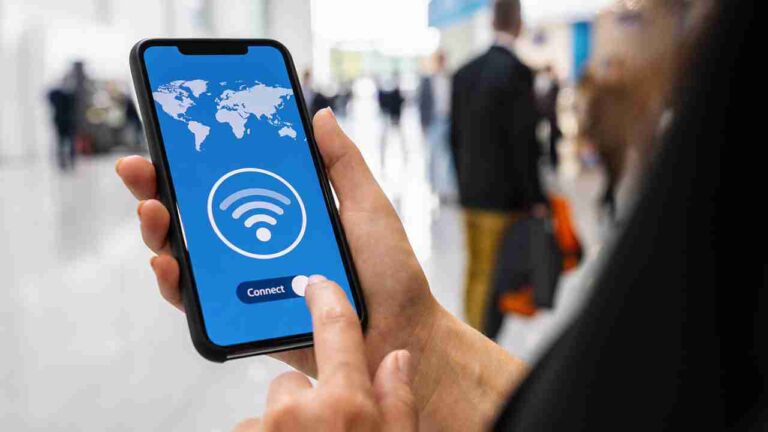A VPN, or Virtual Private Network, is a tool that allows you to create a secure and encrypted connection to the internet. When you connect to the internet through a VPN, your device forms a secure connection to a VPN server, which acts as a middleman between your device and the internet. All of the data that you send and receive is encrypted, which makes it much harder for anyone to intercept or spy on your online activity.
This is the best way to hide your internet traces and keep your identity safe. You can also enter geo-blocked or geo-restricted sites with a VPN. You can watch Hulu in Australia, which is a streaming platform that’s only accessible in the USA. If not, you can watch American Netflix that can’t be accessed anywhere else other than the USA.
Key Components of a VPN
VPNs amaze us with their ability to bypass any restrictions or limitations. And, if you also wonder like we do about the mechanism of a VPN, it involves several key components, including:
Encryption
VPNs use advanced encryption protocols to protect your data as it travels across the internet. This ensures that even if someone does manage to intercept your data, they won’t be able to read it without the decryption key (which is nearly impossible).
When you enter the world wide web, you are admitted into a world full of possible threats and people who are dead set on achieving something, even if it’s good or bad. And if you’re connected to a VPN, you will pass through the protected tunnel that will keep you safe and you will stay anonymous.
Normally, when you go online, you are connected with your Internet Service Provider (ISP), who then directs you to the internet resource you want to access. Because of this, your ISP can see everything you do online because it goes through its servers which is managed by a lot of other people. Yet, a VPN enables a user to first form an encrypted connection with a private server, meaning all of their data is being transmitted invisibly.
VPN server
When you use a VPN, your data is routed through a VPN server located in a different geographic location (usually the one you’re connected to). This can help to mask your IP address and make it appear as though you are located in a different location.
For example, if you want to appear as if you’re in the UK to watch HBO Max, a VPN server to the UK is all you need. Consequently, a VPN hosting several servers is important to access many sites wherever it is located.
Tunneling
Tunneling is a VPN’s way to transport your information easily. VPNs create a secure tunnel between your device and the VPN server, which ensures that your data is sent and received safely and is protected from prying eyes. With all the dangers on the internet, the VPN promises that your private credentials will remain safe through its encrypted tunneling.
Protocols
VPNs use different protocols to establish a secure connection, including OpenVPN, PPTP, L2TP, and IPSec. Each protocol has its own strengths and weaknesses, and the best one for you will depend on your specific needs.
If you’ve read completely about the mechanism of the VPN, you must’ve noticed that VPNs are carefully designed to act as a safe place for your online information. And if you go out there on the internet, you are on the verge of great danger. There are several reasons why you should never surf the internet without a VPN:
Security: Using a VPN helps protect your data from hackers, cybercriminals, and other online threats. With a VPN, you can be confident that your personal information is safe and secure.
Privacy: VPNs can help to protect your online privacy by masking your IP address and making it harder for websites and advertisers to track your activity online. This way, you can efficiently stay away from unsolicited sponsored ads and emails.
Access: VPNs can be used to bypass internet censorship and geo-restrictions, which can be particularly useful if you’re traveling abroad or trying to access content that is blocked in your region.
Speed: While it’s true that using a VPN can slow down your internet connection somewhat, many VPNs are optimized for speed and offer excellent performance. In fact, some ISPs may throttle your internet speed if they detect that you’re using a VPN, which can actually slow down your connection even more if you’re not using a VPN.
Conclusion
Overall, a VPN is a powerful tool that can help to protect your online privacy and security. Whether you’re using the internet for work, personal use, or both, a VPN is a must-have tool that can help to keep you safe and secure in the dark web of the internet.
You may have learned something new today, and we’re grateful for that. So now you have the information about entering the internet world without the protective shield of the VPN. And if you’re not using one, consider getting a VPN for your own protection.




